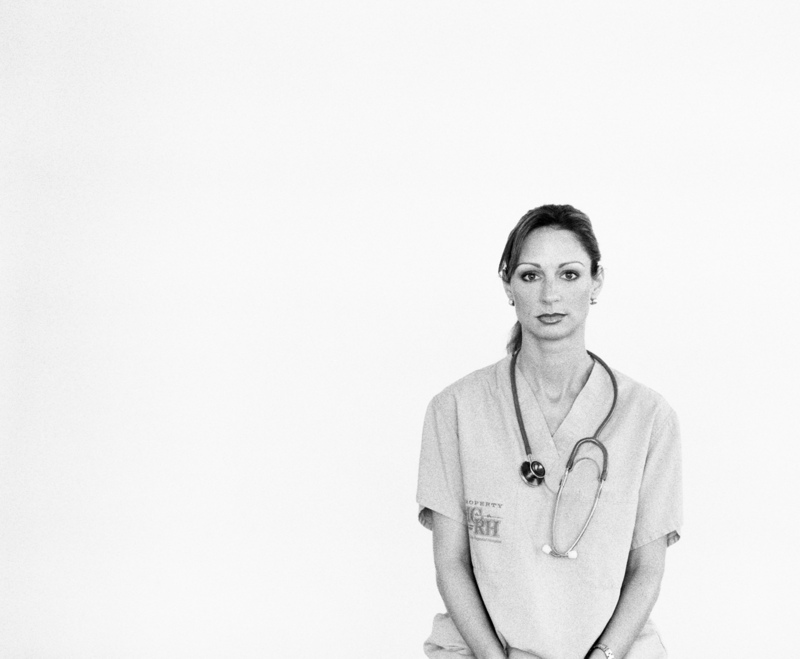Here are some of the latest health and medical news developments, compiled by the editors of HealthDay:
Planned C-Section Poses More Risk to Infant Than Emergency C-Section: Study
Babies born by planned cesarean section have more health problems than those born by emergency C-section or vaginal birth, according to a new study.
The findings suggest that labor may give babies a healthier start, even if the labor has to be interrupted by C-section, The New York Times reported.
The findings from the 15-year study in Scotland were published in the Journal of the American Medical Association.
During labor, a baby comes into contact with bacteria from the mother, and this may help the child’s immune system development, said study leader Dr. Mairead Black, University of Aberdeen, The Times reported.
Infants born by planned C-section may have no exposure to bacteria from the mothers, while those born by emergency C-section have at least some exposure.
The findings are important due to the rising number of C-sections in the United States, where nearly one-third of infants are born by C-section, according to The Times.
In the U.S., the rate of C-section births with no medical indication rose from 3.3 percent of low-risk women in 1991 to 5.5 percent of such women in 2001.
Previous research has shown that children born by C-section are at increased risk for health problems such as allergies and obesity, and C-section has also been linked with a higher risk for type 1 diabetes, The Times reported.
—–
More Than 1,000 People May Have Been Exposed to TB at California Hospital
Officials at a California hospital say more than 1,000 people, including 350 infants, may have been exposed to tuberculosis.
In mid-November, the Santa Clara Valley Medical Center in San Jose learned that a nurse who worked in the maternity wing had been diagnosed with tuberculosis, The New York Times reported.
As many as 1,026 people may have been exposed to the infectious disease, including 368 patients, 350 infants and 308 employees. The hospital said all those who might have been exposed are being contacted.
The risk of infection is low but “the consequences of a tuberculosis infection in infants can be severe,” said Dr. Stephen Harris, chair of pediatrics at the hospital, The Times reported.
The hospital will offer preventive treatment to the exposed infants “as soon as possible,” he added.
The infected nurse tested negative for tuberculosis during an annual check in September, but was later diagnosed with the disease by her personal physician. The nurse has been placed on leave, The Times reported.
—–
Copyright © 2026 HealthDay. All rights reserved.

